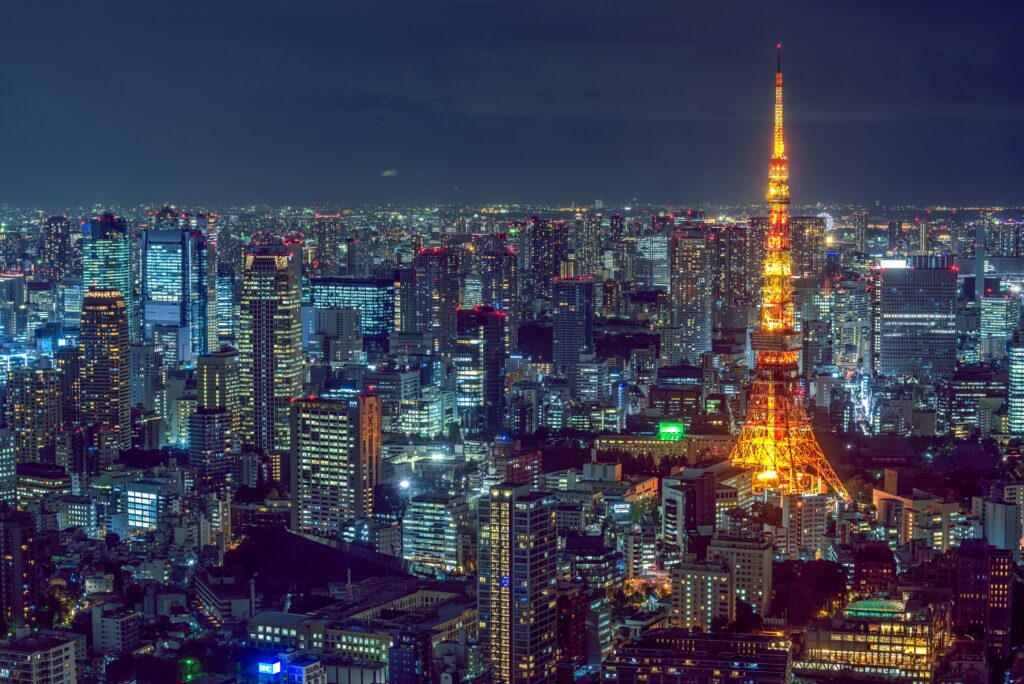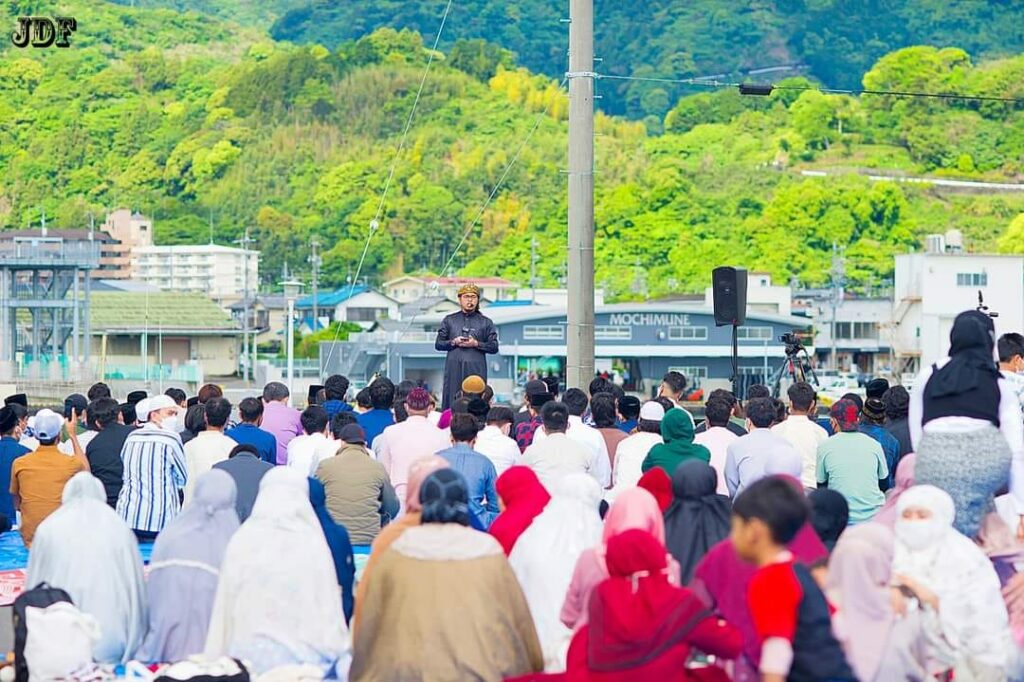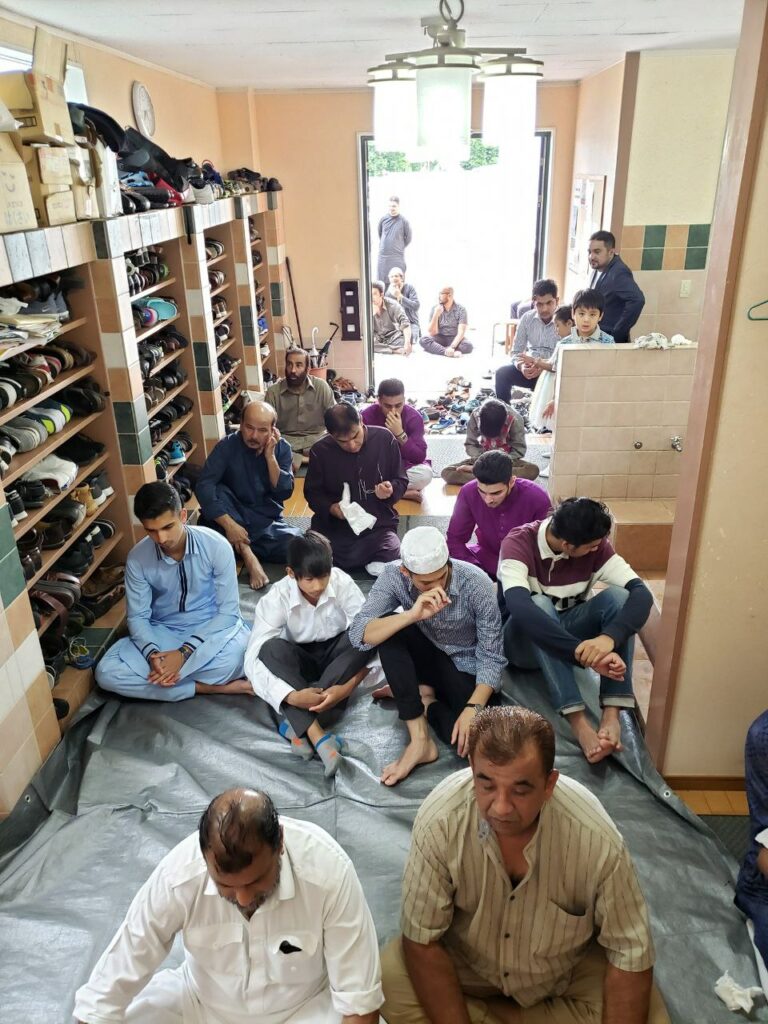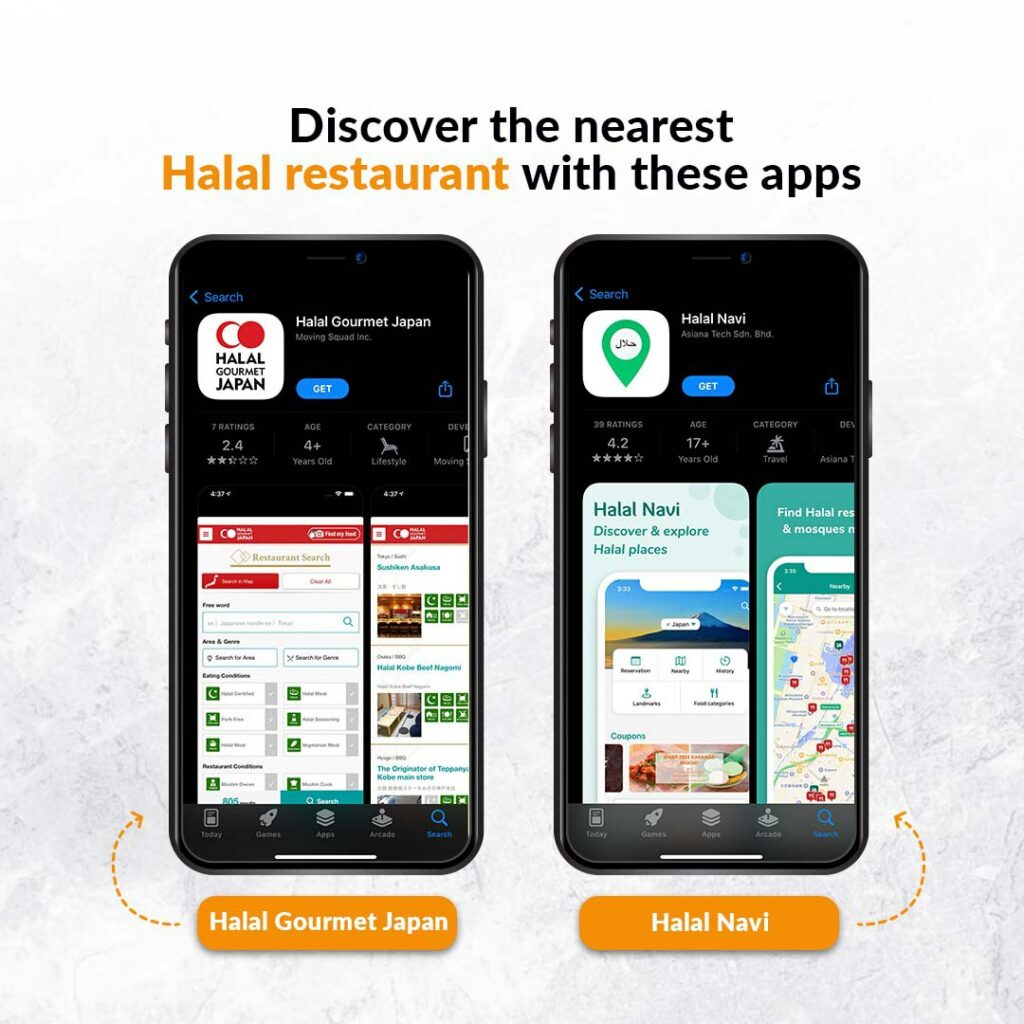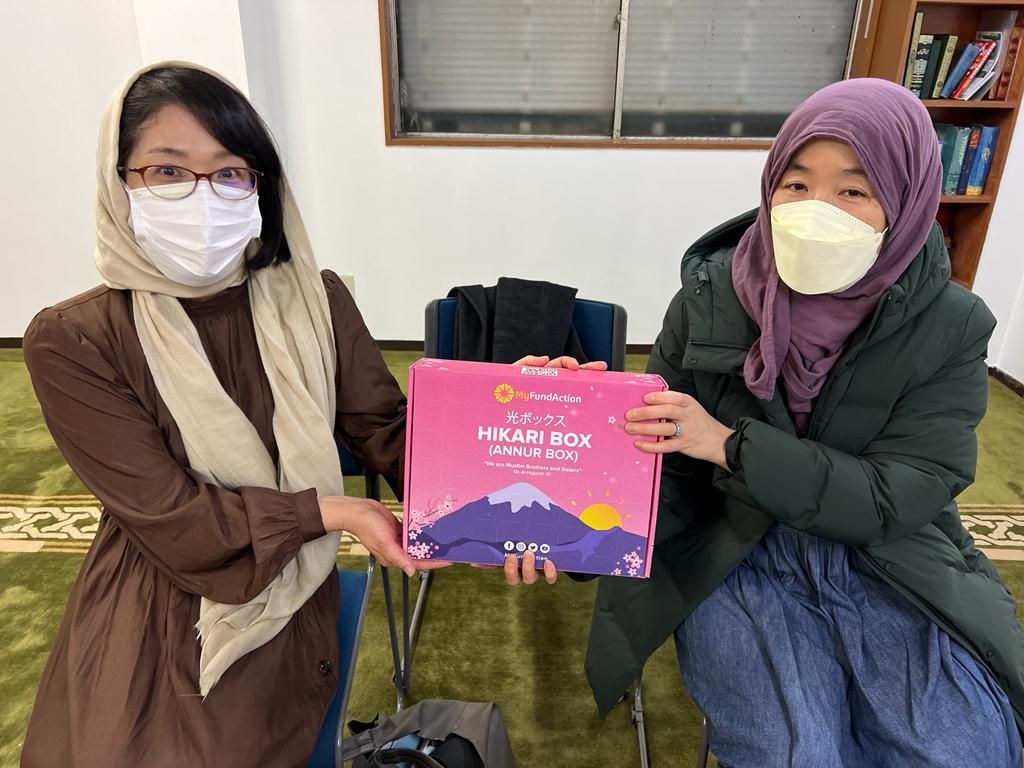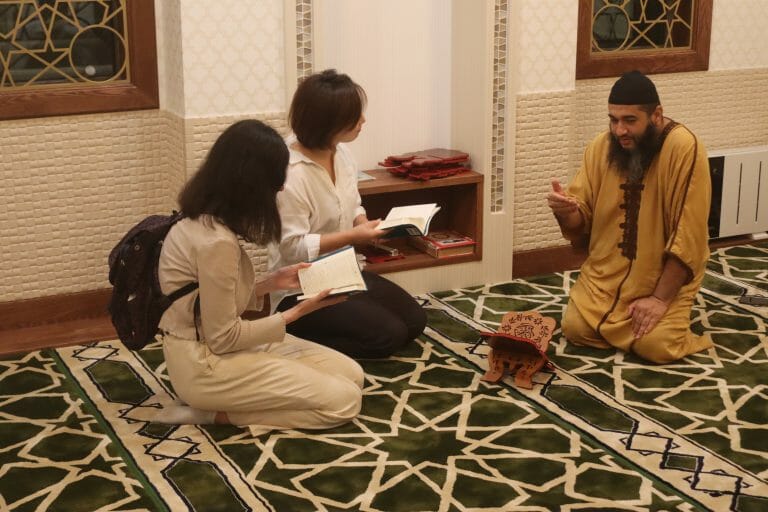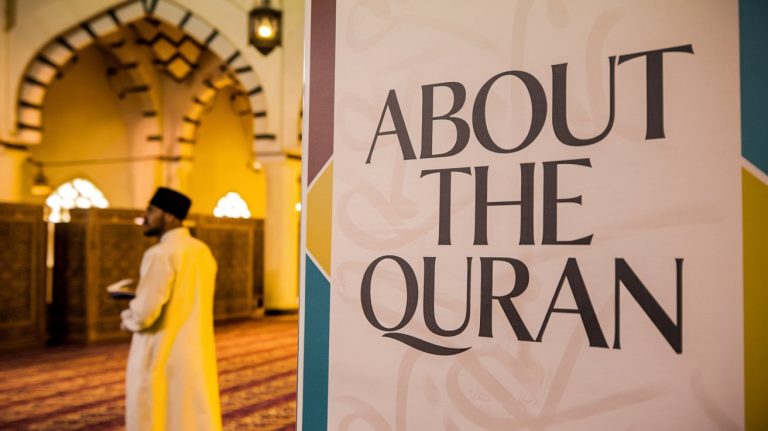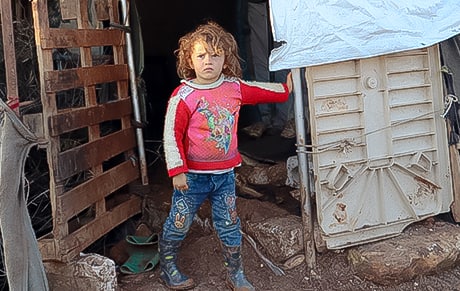When we think of Japan, chances are we wouldn’t think about Islam. Although it’s the second largest religion in the world, Muslims only make up 0.15% of the country’s total population.
But in recent years, the relationship between Islam and Japan became a story worth reading as the number of Muslims doubled in just over a decade.
So what does it feel like to live in Japan as a Muslim? Is there anything you have to know before moving or traveling to the country? Let’s find out in this article!
History of Islam and Japan
Before we learn the state of Islam in Japan nowadays, it is useful to know why the religion was never prominent in Nippon.
One of the biggest reasons is that compared to Muslim-majority countries, Japan doesn’t have a very long history with Islam. It is true that the earliest contact might have happened in the 1700s or even earlier than that, but the incidents are poorly recorded and were all isolated.
The first tangible proof of the presence of Islam in Japan comes from Ibn Khordadbeh, a Persian cartographer, who described the country as the “lands of Waqwaq”. During this time, there are also several preachers who spread Islam to Japanese people.
However, it was not until the late 19th century that Japan had a notable Islam influence. The biography of Prophet Muhammad (Peace Be Upon Him) was translated into Japanese, following the arrival of a group of Indonesians who served aboard British and Dutch ships.
Despite this, there had never been a prominent figure or movement that spread Islamic teachings to the locals. Countries in South and Southeast Asia are more popular among Muslim preachers due to their location being in the Silk Road.
In the 20th century, Islam began to grow in Japan as there was an influx of Muslim immigrants coming to the country, following a boom in Japan’s economy. They started to integrate with the locals and the government gradually tried to accommodate such a growing community.
Islam in Today’s Japan
Today, Islam is considered as one of the minority religions in Japan and Shinto remains the biggest religion by the number of followers in the country.
However, that does not mean Muslims are treated poorly. Being one of the few developed countries in Asia, Japan is known to provide equal rights to all of its citizens regardless of their religions.
Let’s take a look at some statistics and recent events that best describe the state of Islam in Japan.
Japan’s Muslim Population
A professor from Waseda University, Hirofumi Tanada, estimates that in 2019 there were around 230.000 Muslims in Japan, a big leap from 100.000 in 2009.
The majority of them are immigrants from countries like Indonesia, India, Pakistan, and Bangladesh. Meanwhile, the number of native Japanese Muslims is estimated at 50,000 people, owing to marriages, conversions, and births.
The capital, Tokyo, is home to the biggest Muslim community in Japan, with more than 30,000 people claiming to follow the religion. On the other hand, the prefecture of Akita has the fewest Muslims in the area, with only 331 people.
That being said, it is suggested that the population will increase in the coming years as there will be second and third Muslim generations from permanent residents who have built families in Japan.
Is Japan Muslim-Friendly?
Yes, it is. Even though Japan is a Shinto-majority country, it has generally welcomed Islam with an open hand. Many places provide halal food and accommodation and Muslims can pray without worry.
Furthermore, the government tries to accommodate Muslims’ needs and does not impose discriminatory laws against them.
As a matter of fact, the number of Mosques in Japan has quadrupled since the early 2000s, from 20 to 113 in 2019, indicating the government’s approval of Muslim activities.
If you’d like to visit Japan someday, here’s a list of top mosques you might want to go to:
- Asakusa Mosque – one of the oldest mosques in Japan, which is built vertically unlike other mosques in general
- Hiroo Mosque – a unique mosque that blends Arabic and Japanese style
- Tokyo Camii – it is claimed to be the biggest mosque in Japan with a very strong Ottoman architectural style.
- Fujikawaguchiko mosque – the only mosque in the famous Fuji mountain area
- Otsuka Mosque – a tiny mosque situated in a very crowded Tokyo area with great importance to the local Muslim community
Unfortunately, the growing number of mosques doesn’t necessarily mean that all of them are proper and financially stable. For example, Otsuka Mosque is too small to accommodate all Muslims, sometimes forcing them to form a line just to pray.
There is also Shizuoka Mosque, which often suffers from financial issues due to the high rent for the building.
Therefore, MyFundAction has initiated programs to help these mosques overcome their problems. If you are interested in supporting this cause, you can head to our page for Otsuka Mosque and Shizuoka Mosque.
Japan’s Interest in Islam
One of the most surprising aspects of Islam in Japan is that the country has a growing interest in the religion and its culture. It is proven by the fact that some universities introduced Islamic and Middle Eastern studies, such as:
- Kyoto University (Center of Islamic Area Studies)
- Sophia University (Institute of Islamic Area Studies)
- Waseda University (Middle Eastern and Islamic Studies)
- Keio Research Institute (Laboratory of Islamic Studies)
Through the educational approach, it is hoped that any misconception will slowly fade and many more people will understand the true message of Islam.
The State of Halal Food in Japan
In 2014, Japan established JHCPO, which stands for Japan Halal Certification Promotion Organization. It is a non-governmental organization that aims to provide halal certification for restaurants and hotels.
While it’s not directly affiliated with the nation’s government, JHCPO serves as Japan’s willingness to accommodate Muslims in terms of culinary and accommodation.
Unluckily, there are still some restaurants that might just display halal signs when they do not entirely use halal ingredients. This is why Muslim tourists and residents are generally advised to shop at their own discretion.
To avoid eating non-halal food, you can use apps like Halal Gourmet Japan and Halal Navi, which list all Halal restaurants in Japan and allow you to search by area.
What Challenges Do Muslims Face in Japan?
While it’s generally safe to go to Japan as a Muslim, especially as a tourist, it doesn’t mean that practicing the religion in the country is a seamless thing to do.
Mosques and other Islamic centers are usually located in busier areas and Muslims in less-populated prefectures would have to walk quite far to find the nearest Islamic building.
Moreover, an average office building in Japan doesn’t have a dedicated prayer room so Muslim employees usually have to contend with using a clean empty space to perform prayers.
Those are the common issues that Muslims face in Japan as mistreatment or discrimination towards Muslims is not very prevalent in the country. That being said, some incidents might still appear now and then.
One of them was Junko Hayashi, who talked to MyFundAction about how she was discriminated against at a place she interviewed for. Junko told us that the employer asked her to take off her hijab because it would violate the company’s policy.
She said she wouldn’t do that and for that reason, the company decided not to proceed with her application. Such a case does not happen very often in Japan, but it is worth taking note that this kind of harmful stereotype is still present.
You can learn more about Junko’s story in this article.
The Future of Islam in Japan
As Japan sees rapid growth of the Muslim population and tourist opportunities from Muslim countries, it is safe to say that Islam will flourish in the Land of the Rising Sun.
Islamic facilities and halal food can become more common in the country, allowing residents and visitors to go about their daily life without worry or fear.
Furthermore, the second and third generations of Muslims are going to contribute to the integration of Islam in Japanese culture. In the near future, we might witness distinct Islamic culture from Japan that differs from ones found in the Middle East and Southeast Asia.
Here at MyFundAction, we fully support the rights of Muslims in Japan to grow as a community. That’s why we develop several programs to educate new reverts and strengthen their faith in Islam.
Our recent campaign was called Hikari Box, where we give Japanese Muslims the Quran, praying garments, and other supporting materials to help them learn and practice Islam.
If you are interested in contributing to this cause, please go to our Hikari Box support page.
Conclusion
As you might have learned from this article, Japan has seen a steady growth of the Muslim population in the country through conversions and immigration.
And thanks to the government’s fair and accommodating stance, Japan has become one of the most Muslim-friendly countries in the world, despite not being a Muslim-majority country.
Issues with halal food and accommodation may still be a problem, and instances of discrimination against Islam will likely remain.
However, the integration between the later generation of Muslims and Japanese culture means that the future is bright for Islam to grow in Japan.

